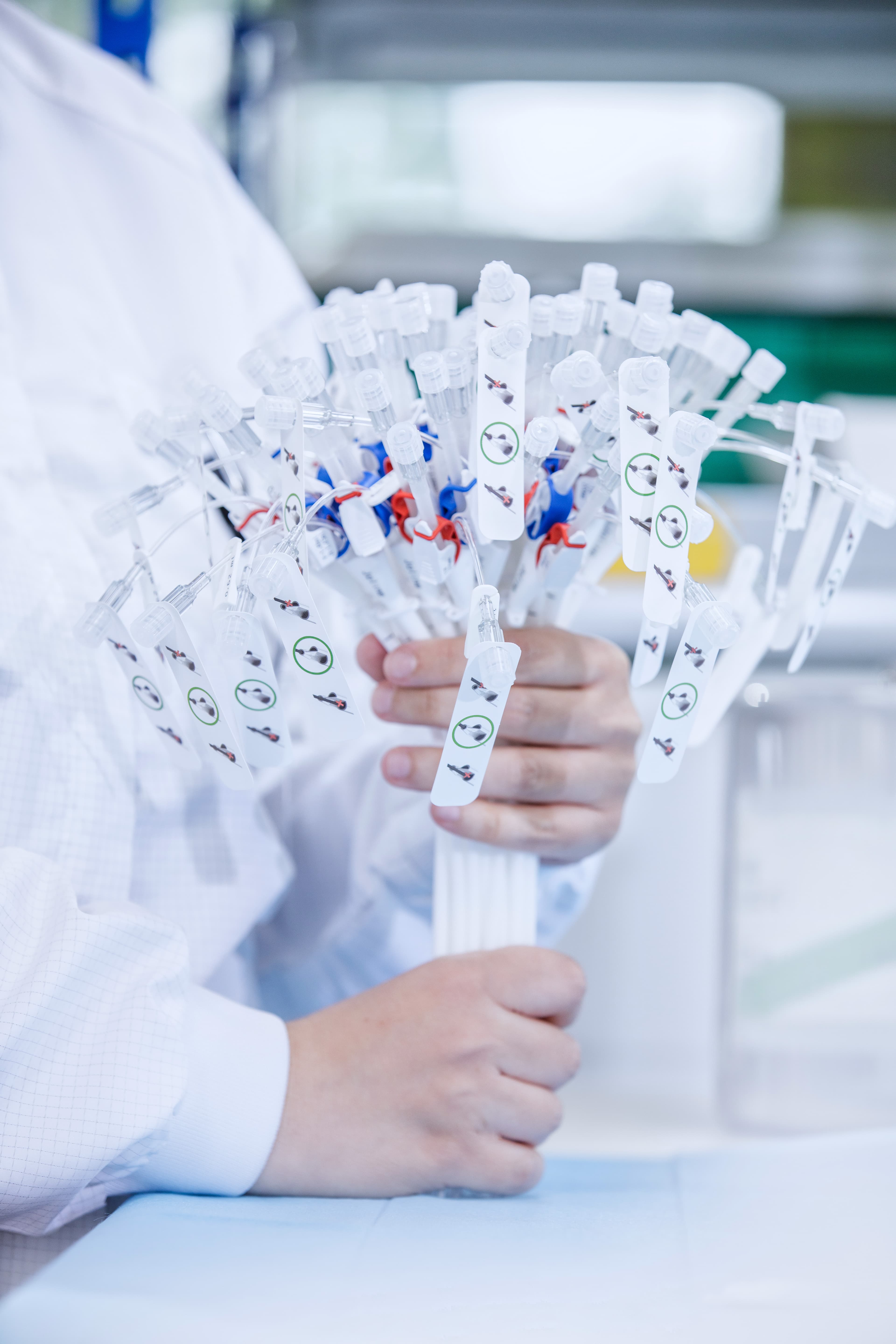Report on bottlenecks in patient care due to the EU MDR regulation on German TV
Bottlenecks in the supply
On 10.05.2025 the program Life - Menschen, Momente, Geschichten reported on the EU regulation MDR (Medical Device Regulation) and how it will inevitably lead to bottlenecks in patient care on German TV. The report considers several points of view from affected doctors, members of the EU Parliament as well as industry representatives.
Shortage of treatment methods
To get an idea of the situation caused by the EU regulation, the example of the patient Danil, who was born with a heart defect that requires urgent treatment, was used to explain the extent to which the MDR has led to a shortage of important treatment methods. In the case of Danil, a medical device had to be implanted that is not suitable for children, as the needed product intended for children is no longer available on the market due to MDR requirements. Many medical technology companies, such as Joline, are faced with the challenge of finding the financial means and internal resources for the re-approval of medical products that have been on the market for years. As a result, like in the case of Danil, life-saving medical devices are disappearing from the market because companies cannot afford to re-approve them.
Insight at Joline
For the TV show, the medical technology company Joline GmbH & Co. KG in Hechingen, Germany was visited. The Joline CEO, Mr. Christian Keller, illustrates both the additional bureaucratic effort involved in re-approving the products that have been on the market for several decades and the difference in size between a dialysis catheter for adults and children. Joline decided to make their pediatric dialysis catheter Extra Flow, which is a short term dialysis catheter for children available in two sizes, further available and submitted the documentation for MDR approval despite the inefficiency and the high requirements of the authorities.
The report, which is only available in German, could be accessed online until 17.05.2025.
